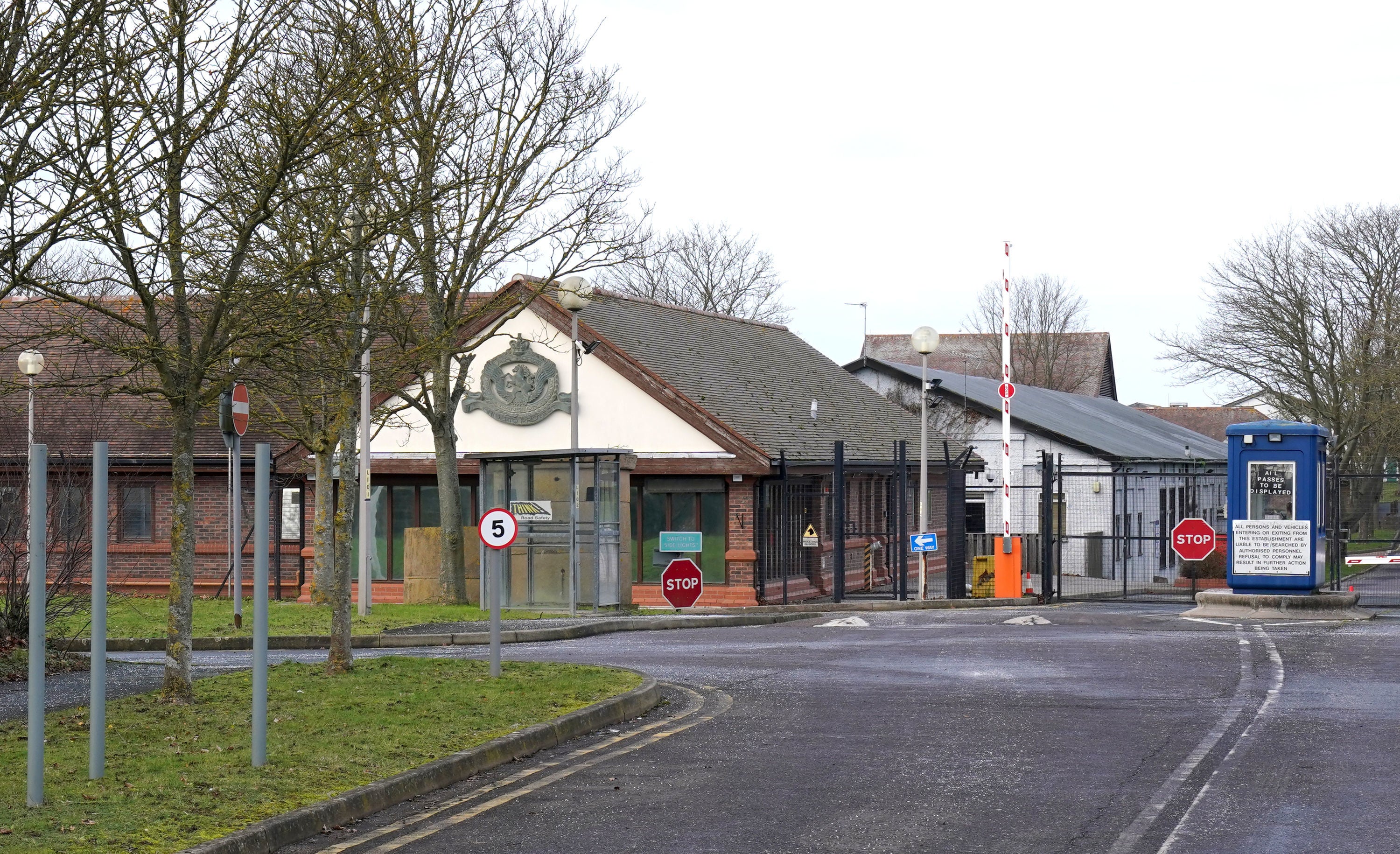
Several asylum seekers in a hotel in the Humber region have tested positive for the highly contagious disease diphtheria.
The government was warned at the start of October about the spread of the illness among migrants in crowded settings by the European Centre for Disease Prevention and Control.
Now a “small number” of diphtheria cases have been confirmed in a hotel in northeast England that is being used by the Home Office to house asylum seekers, the BBC has reported.
The UK Health Security Agency (UKHSA) said that the “risk of diphtheria to the wider public remains low”.
It follows the death on 19 November of Hussein Haseeb Ahmed, 31, who had tested positive for diphtheria after being taken ill at the Manston processing centre in Kent.
As of 18 December, there were 67 diphtheria cases recorded among asylum seekers. The majority are in the South East, where 50 cases have been reported.
London has six cases while Yorkshire and the Humber has less than five, according to UKHSA data.

Diphtheria is a highly contagious and potentially fatal infection, which can lead to difficulty breathing and heart failure.
The Home Office said it was “working with the local services and the accommodation provider to offer all the appropriate support measures”. It added: “We are aware of reports of some people requiring health interventions at accommodation being provided in the Humber area.”
The UKHSA said: “While we continue to see a very small number of diphtheria cases amongst asylum seekers in the region, the risk of diphtheria to the wider public remains very low as there is a high uptake of the diphtheria vaccine in this country.”
Last month the immigration minister told MPs that asylum seekers with symptoms of diphtheria would be put into isolation, after the UKHSA said there had been an increase in the number of infections among people arriving in the UK.
It followed fears that asylum seekers with suspected diphtheria had been moved from the Manston centre to hotels around the country, furthering the spread of the disease.
Public health officials expressed concerns to The Sunday Times about the failure to test migrants before moving them from the south coast to other parts of the country.
The UKHSA said vaccines and antibiotics were being offered to people on arrival at their new accommodation.







